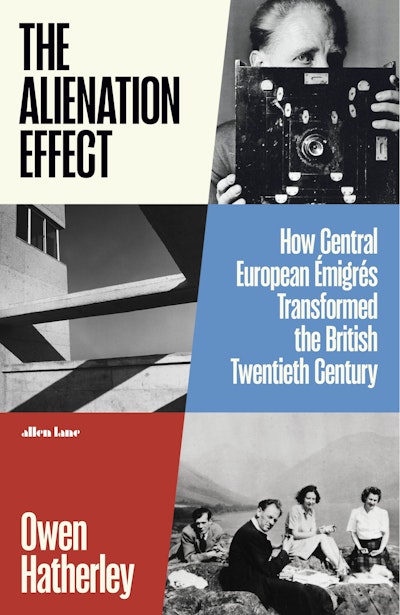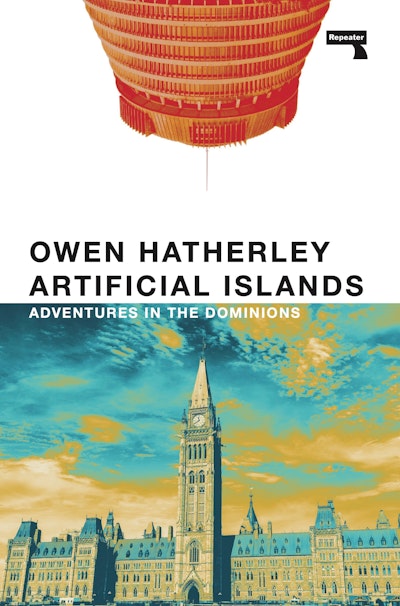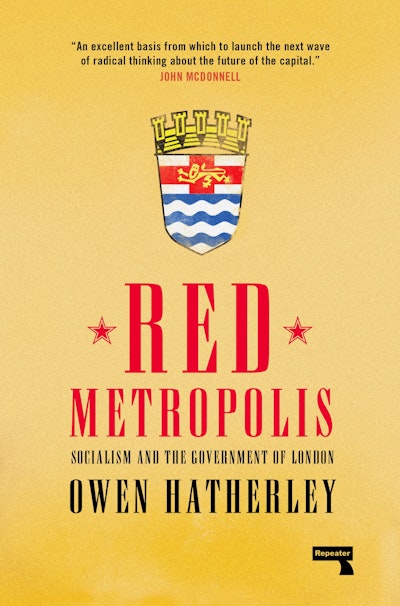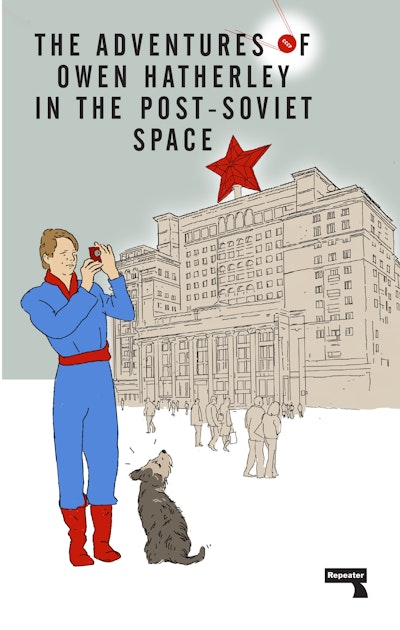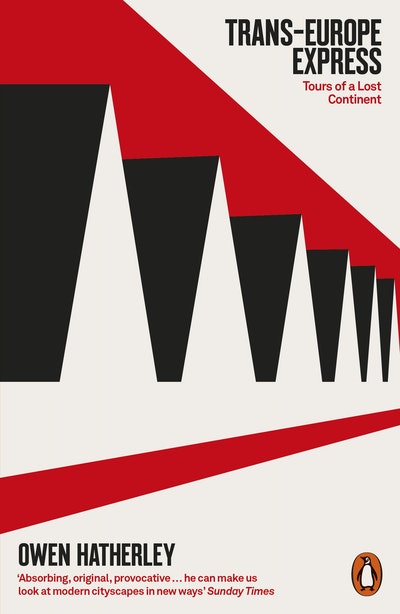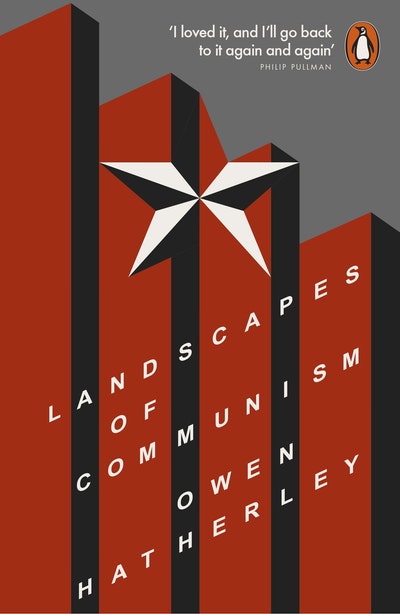The Alienation Effect
How Central European Émigrés Transformed the British Twentieth Century
- Published: 27 March 2025
- ISBN: 9780241378212
- Imprint: Penguin eBooks
- Format: EBook
- Pages: 608
The book I’ve been waiting for. A masterpiece
James Fox
A brilliant work of history. Owen Hatherley makes a fierce and elegant case for British culture as a living tapestry made ever brighter by newcomers to our strange island
Lynsey Hanley
Meticulously researched... Hatherley is an exhilarating guide
Jackie Wullschläger, Financial Times
Impassioned and erudite, Hatherley writes with panache and never becomes flat-footedly ideological... In drawing attention to a hugely important yet neglected phenomenon that has shaped our culture for better and worse, this is a genuinely important study that deserves to win prizes
Rupert Christiansen, Telegraph
Hatherley, whose background is in writing about architecture, moves with confidence through the fields of film, typography and art. The book is thick with information, sometimes resembling the gazetteers or guides he has previously written... It’s often acute, informative, passionate and witty, a sometimes moving tribute to achievements in the face of adversity, and an essential antidote to crude theories of national identity
Rowan Moore, Observer
A combination of jewel-like detail and panoramic sweep… Arresting… This monumental work secures for Hatherley his place in the tradition of English writers who have moralized about architecture, a lineage stretching from John Ruskin to Ian Nairn and, yes, Pevsner… A passionate, erudite book
Michael Ledger-Lomas, Jacobin
Encyclopaedic... Fascinating
David Honigmann, Spectator
Hatherley offers a set of vivid and consistently stimulating portraits of individual artists and thinkers… This is an admirable book, ambitious in its scope and very readable… Hatherley proves himself a fair-minded historian, capable of intellectual generosity even towards people and traditions he deplores… This book will stimulate readers
Nikhil Krishnan, New Statesman
The radicalism of the émigrés, Hatherley convincingly shows, has been concealed by the manipulations of national memory... Aby Warburg’s credo was Kulturwissenschaft, a scientific approach to cultural studies that turned on connections and juxtapositions. Hatherley is a worthy heir to that tradition, and he has a canny eye for lineages. His potted genealogies are dazzling performances in concision, effortlessly gliding from the new brutalism of his home patch of Camberwell, London, through the works of art historian Rudolf Wittkower to the 15th-century Renaissance humanist Leon Battista Alberti – all in a single page
Pratinav Anil, Guardian
Hatherley writes with wit throughout as he charts the tragic and comic turns of the lives of émigrés with a warm familiarity and affection. With his sharp eye for what lies beneath the mundane, he reveals how Central Europeans influenced the everyday apparatus of British cultural life... The Alienation Effect reveals just how tightly the foreign is woven into the fabric of the familiar
Anna Parker, Times Literary Supplement
Owen Hatherley turns to a gentler kind of insurgency in The Alienation Effect – a group biography of the architects, designers and directors from Mitteleuropa who washed up on Britain’s shores in the middle of the last century. We already know the assimilated conservatives – Friedrich Hayek and Karl Popper – but Hatherley gives us the forgotten radicals who put concrete into our skyline and shook us out of our complacency
Pratinav Anil, Guardian, Best History and Politics Books 2025
